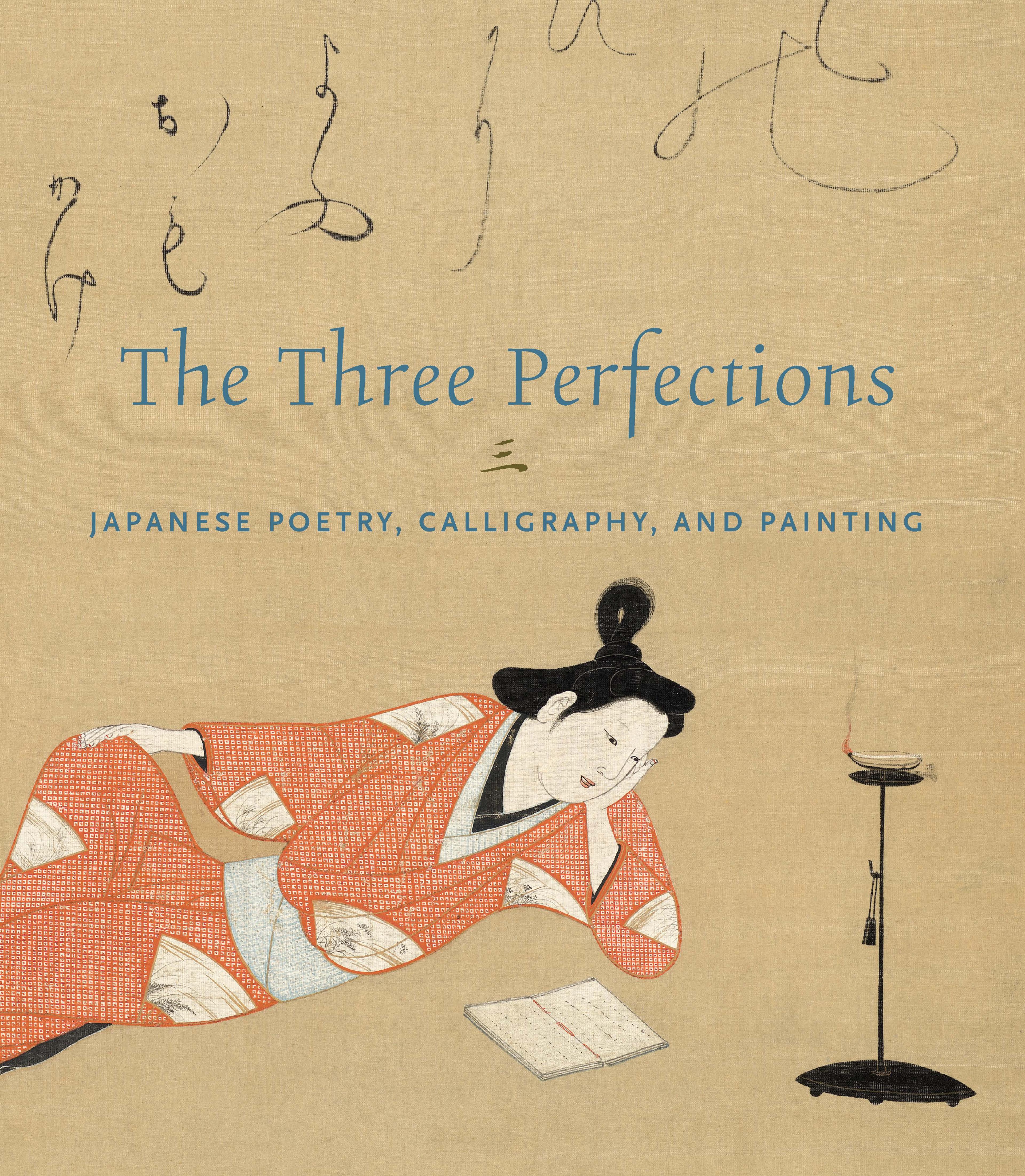”Abiding nowhere, the awakened mind arises”
These eight Chinese characters, a sacred verse (gāthā) transcribed from the Diamond Sutra, brushed by Musō Soseki in a striking cursive script, convey a fundamental Zen message: that awakening can be achieved by transcending all aspects of the material, transitory world. Musō was one of the most influential monks in the early history of Japanese Zen. He did not travel to China, as many of his predecessors had, but rather studied under the émigré master Yishan Yining (Issan Ichinei, 1247–1317) and a number of leading Japanese monks who had been to the mainland. Musō was based in Kamakura until 1333, when he moved to Kyoto on an invitation from the emperor. He spent the rest of his life there, serving as a spiritual advisor to the emperor and to the shogun Ashikaga Takauji (1305–1358).
Artwork Details
- 夢窓疎石筆 金剛経偈「応無所住而生其心」
- Title: ”Abiding nowhere, the awakened mind arises”
- Artist: Musō Soseki (Japanese, 1275–1351)
- Period: Kamakura (1185–1333) or Nanbokuchō (1336–92) period
- Date: early to mid-14th century
- Culture: Japan
- Medium: Hanging scroll; ink on paper
- Dimensions: Image: 39 1/16 × 22 5/8 in. (99.2 × 57.4 cm)
Overall with mounting: 71 1/4 × 24 in. (181 × 61 cm)
Overall with knobs: 71 1/4 × 25 13/16 in. (181 × 65.6 cm) - Classification: Calligraphy
- Credit Line: Mary and Cheney Cowles Collection, Gift of Mary and Cheney Cowles, 2018
- Object Number: 2018.853.2
- Curatorial Department: Asian Art
More Artwork
Research Resources
The Met provides unparalleled resources for research and welcomes an international community of students and scholars. The Met's Open Access API is where creators and researchers can connect to the The Met collection. Open Access data and public domain images are available for unrestricted commercial and noncommercial use without permission or fee.
To request images under copyright and other restrictions, please use this Image Request form.
Feedback
We continue to research and examine historical and cultural context for objects in The Met collection. If you have comments or questions about this object record, please contact us using the form below. The Museum looks forward to receiving your comments.
